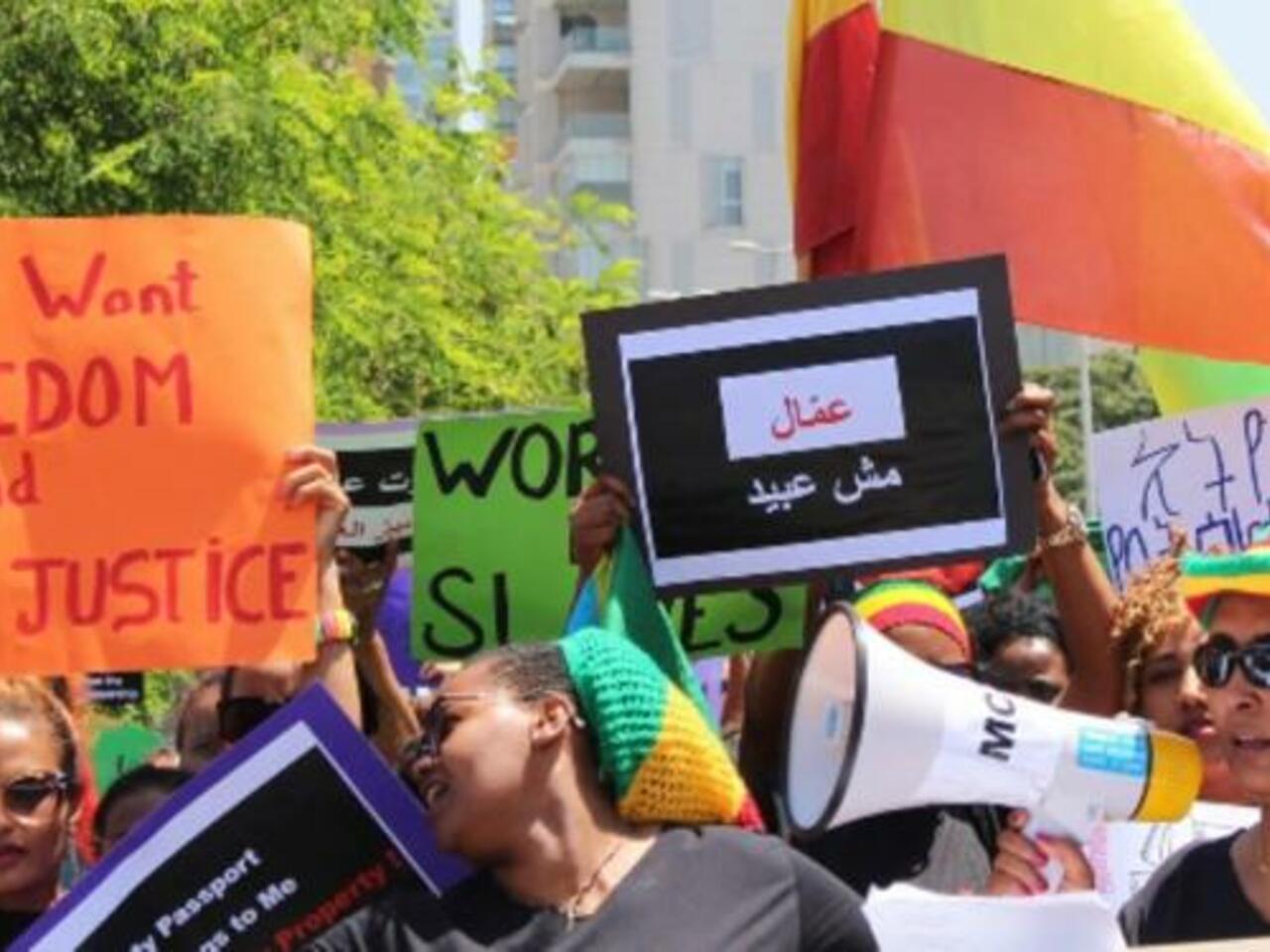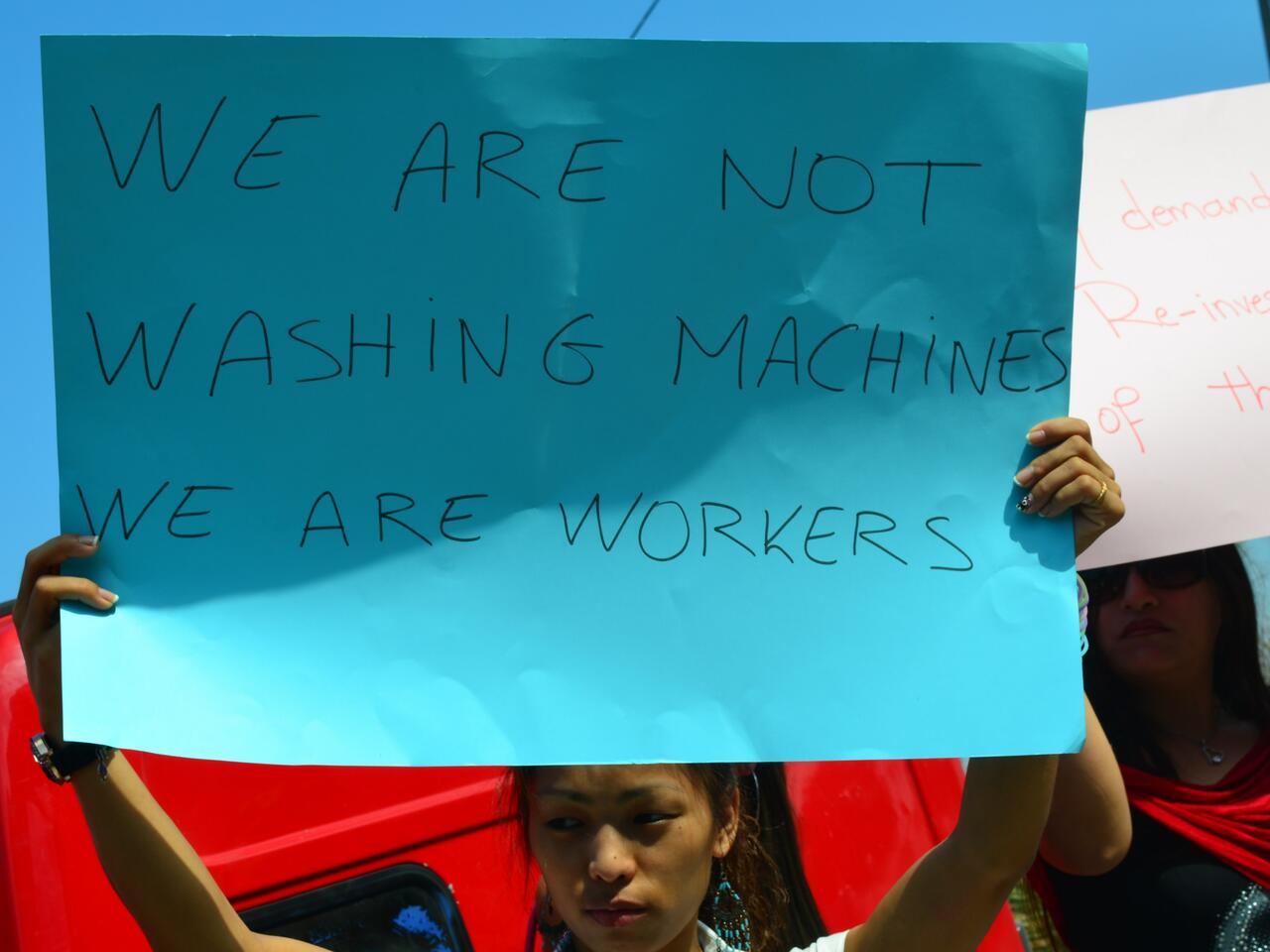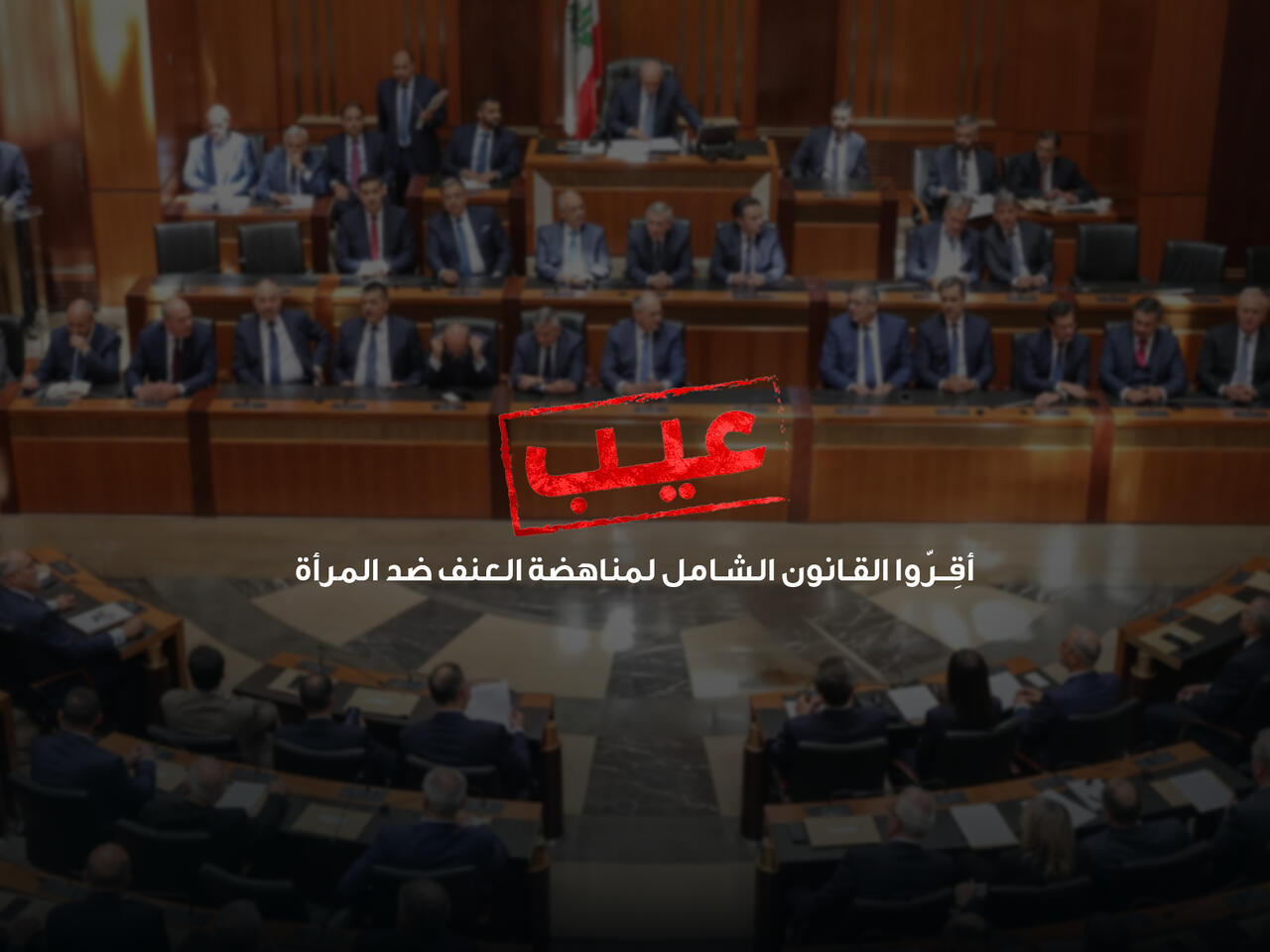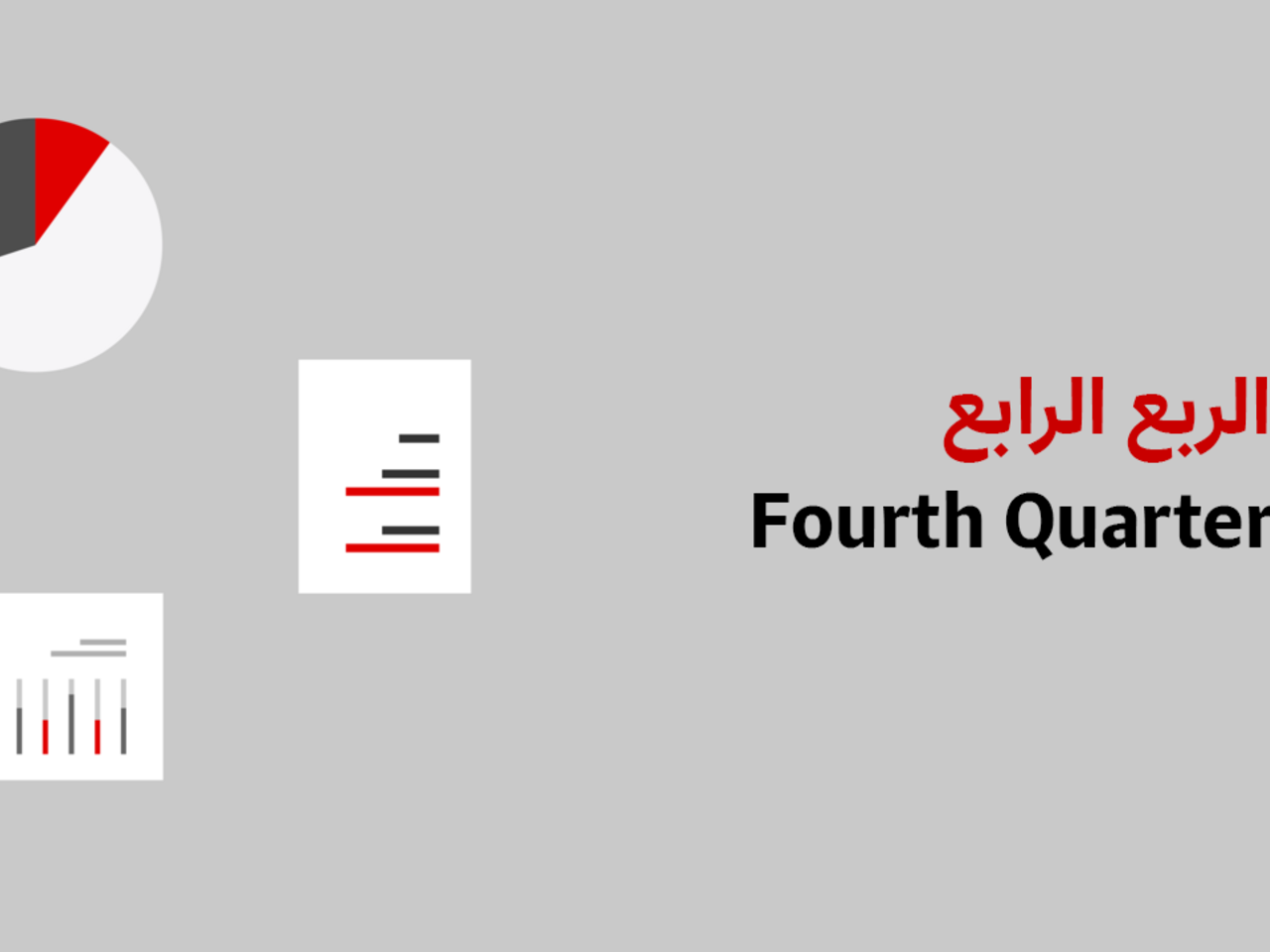To Human Rights Watch: Your position on sex trafficking is disappointing, misleading and does not protect victims
On July 28, 2016, the Beirut office of Human Rights Watch (HRW) issued apress release entitled “Lebanon: Syrian Women at Risk of Sex Trafficking” in which the organization tackled the response of the Lebanese state to trafficking in women for sexual exploitation, and more specifically the case of “Chez Maurice,” a brothel where tens of Syrian women were imprisoned and exploited in prostitution for months and sometimes years before police raided the premises in March 2016. While addressing the failure of the state in dealing effectively with this issue – particularly in terms of ensuring better enforcement of the anti-trafficking law, removing obstacles to reporting trafficking, as well as improving police coordination and providing support to trafficking survivors – in its press release HRW used the case of “Chez Maurice” to state and promote its policy on “sex work,” as spelled out in the below paragraph:
“Human Rights Watch opposes the criminalization of consensual adult sex work. Human Rights Watch believes that criminalization of sex work also creates barriers for those engaged in sex work to exercise basic rights, such as protection from violence, access to justice for abuses, and access to essential health services.”
This particular paragraph and the press release in general reflect HRW’s inadequate analysis of sex trafficking, particularly in the Lebanese context.
Firstly, HRW uses the expression “sex work” without explaining it or determining who and what is at stake, and only calls for decriminalizing sex work to guarantee the rights of those engaged in it. At first glance, it gives the impression that the organization is solely calling for decriminalizing the individuals who sell sexual services, which is a fundamental demand most human rights groups already support.
However, what HRW is actually calling for is the decriminalization of all aspects of the sex trade, a position that is aligned with the internal organization’s policy adopted lately on the matter. Practically, decriminalizing the entire sex trade means moving forward with regulating it and consequently legalizing the practice of pimping, owning and operating brothels as well as buying sexual services. By adopting this position, HRW is actually supporting measures that would create a culture of impunity in the sex trade that would encourage, not limit, the exploitation of women.
Secondly, the HRW’s statement particularly lacks analysis of the gender relations and dynamics in the sex trade. By using the expressions “sex work” and “those engaged in it” HRW overlooks the fact that the vast majority of those engaged in selling sexual services are women and girls and that almost all those who buy these sexual services are men. Using gender-neutral language and qualifying prostitution as “work” indicate either little understanding or an intentional overlooking of violence against women and the intersectionality of race, gender and inequality in the sex trade.
HRW is discounting the violent nature of prostitution and the resulting life-long harms on women and girls. It is dismissing the fact that the nature of prostitution is exploitative, thrives on subordinating and objectifying women, forcing them to cater to the sexual desires of men. Undoubtedly, women do not enter prostitution because they like it or they choose it, they do so because they are coerced into it by pimps and traffickers or as a result of their own socio-economic conditions. It is in fact the lack of choice that makes the majority of women and girls decide to, often consciously and of their own volition, to enter prostitution.
But then what is “consent” worth when all sorts of abuse and danger constitute the daily reality of women in prostitution? What is it worth when the sex trade only thrives on the exploitation of the most vulnerable women and the most marginalized? What is “consent” worth when the sexual act is imposed by the power of money and is performed because of the need for money? If we were to follow the logic of HRW and their argument about consent, we would then consider the violence a man inflicts on his partner acceptable when she “consents” to it or when she does not actively rebel against it.
Thirdly, HRW states “that criminalization of sex work creates barriers for those engaged in sex work to exercise basic rights, such as protection from violence.” Does HRW mean by this that legalizing prostitution protects those engaged in it? Who is to benefit exactly from protection under a regulatory system? The most likely beneficiaries are in fact pimps and traffickers, who are called businessmen and employers under such a system, and male sex buyers, who would be granted immunity allowing them to buy and abuse women in legally protected prostitution, whether they are trafficked or not.
Legalizing prostitution will not improve the protection of women; quite the opposite, official and non-governmental reports from Germany and The Netherlands – two countries presented as role models in legalizing prostitution – show actually that both countries witnessed an increase in the crime of trafficking and the number of victims as a result of legalizing prostitution. Whether legalized or not, prostitution involves the very same sexual act by the sex buyers, who do not differentiate between trafficked and non-trafficked women, and this reality is rarely addressed by international organizations, including HRW, which tend to separate completely prostitution and sex trafficking.
Tackling sex trafficking cannot be done without tackling prostitution given that both phenomena are closely linked: both share the same root cause, which is the male demand for prostitution, and both have the same impact on their victims. In order to effectively strengthen the protection of women victims of trafficking in Lebanon, KAFA calls on the authorities in Lebanon to remove all contradictions between the 2011 anti-trafficking law and the penal code and all existing policies, and particularly by ending the criminalization of women in prostitution by amending article 523 of the Lebanese penal code – an important recommendation HRW did not mention in its press release. To effectively protect prostituted and trafficked women and girls, the authorities in Lebanon should, on the one hand, decriminalize persons selling sexual services and offer them exit programs and real work alternatives, and, on the other hand, fully criminalize the other aspects of the sex trade; i.e. pimps, traffickers, brothels and similar businesses, and sex buyers.
KAFA
Beirut, August 4, 2016






